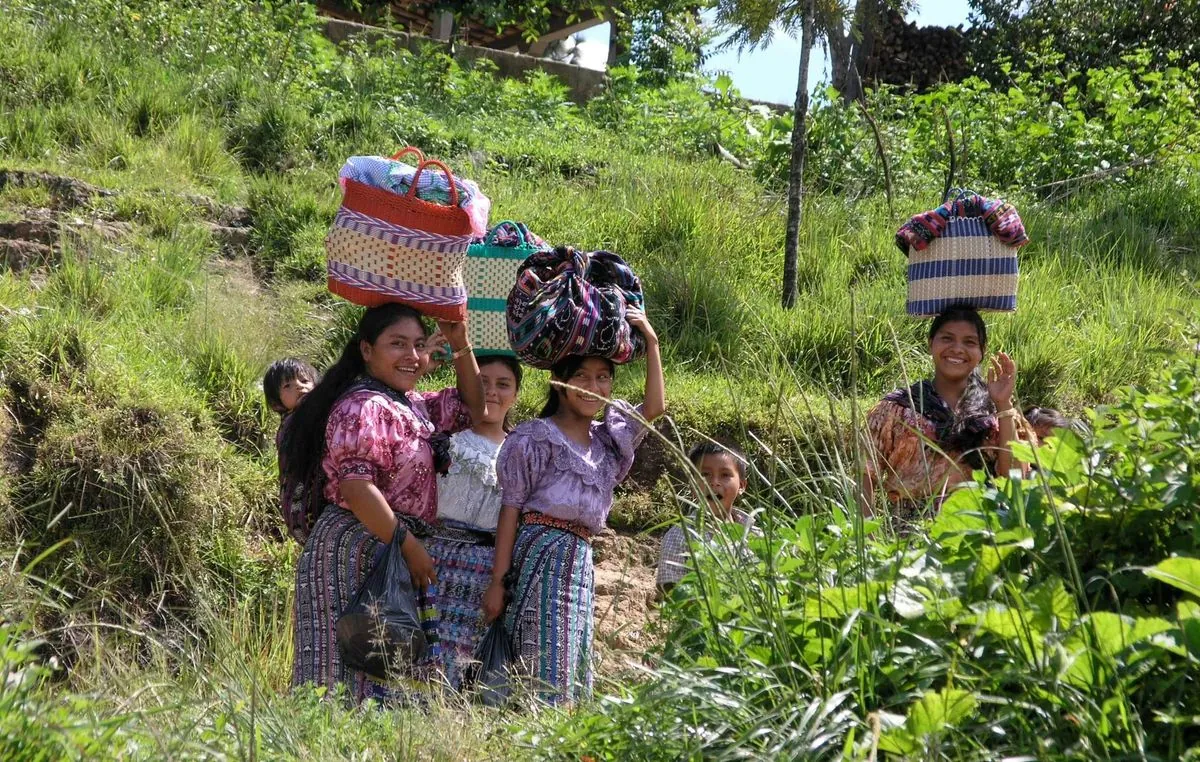In Guatemala, a country grappling with widespread hunger and malnutrition, the United Nations World Food Program (WFP) is implementing innovative strategies to address these pressing issues. The initiative focuses on training rural communities in sustainable farming practices, aiming to mitigate the effects of drought and crop failure that plague the region.
Guatemala, the most populous nation in Central America with approximately 17.2 million inhabitants, is part of the Central American Dry Corridor. This area has experienced increasingly severe droughts and extreme weather events over the past decade, from 2014 to 2024. These environmental challenges disproportionately affect small-scale farmers and Indigenous populations, exacerbating food insecurity.
The country's struggle with malnutrition is evident in its alarmingly high stunting rates. According to UNICEF data from 2022, 44% of Guatemalan children fell outside the normal height-for-age range, one of the highest rates in Latin America. This statistic underscores the urgent need for intervention in a nation where 59.3% of the population lives below the poverty line.
Lilian Ramos, a fish producer in the Tecuiz community of San Agustin Acasaguastlan, exemplifies the positive impact of the WFP's training programs. She shared her experience:
"Before we didn't know what fish farming was. There was a lot of malnutrition here. We started with a small well and we saw how we grew little by little."
The introduction of fish farming represents a significant shift in local food production methods, providing a new source of nutrition for communities previously unfamiliar with this practice.
The WFP's approach emphasizes innovation and proactive measures to protect crops and food sources from adverse weather conditions. This strategy aims to enhance the resilience of community farms, enabling them to withstand environmental challenges and maintain food production.
Tania Goossens of the WFP in Guatemala noted the program's progress:
"We do see some improvements ... it is an excellent model that, even in terms of permeation, is an example for other countries that are also facing challenges from climate change."
While Guatemala boasts the largest economy in Central America, with agriculture contributing 13.5% to its GDP and employing 31% of the workforce, the country faces significant challenges. These include a high poverty rate, vulnerability to natural disasters, and the lingering effects of a 36-year civil war that ended in 1996.
As the WFP continues its efforts, the program not only addresses immediate food security concerns but also contributes to the long-term sustainability of Guatemala's agricultural sector. This initiative could serve as a model for other nations grappling with similar climate-related challenges, offering hope for improved food security and nutrition in vulnerable regions worldwide.
